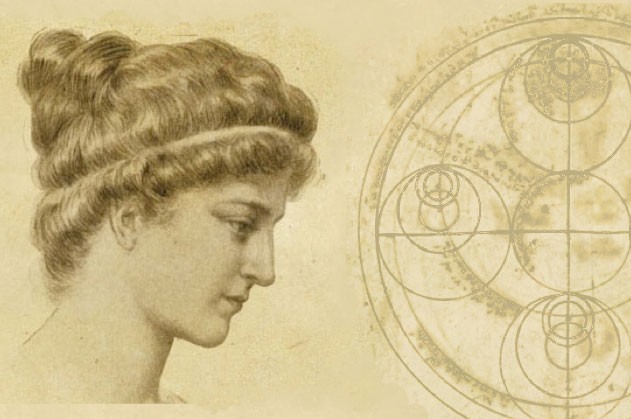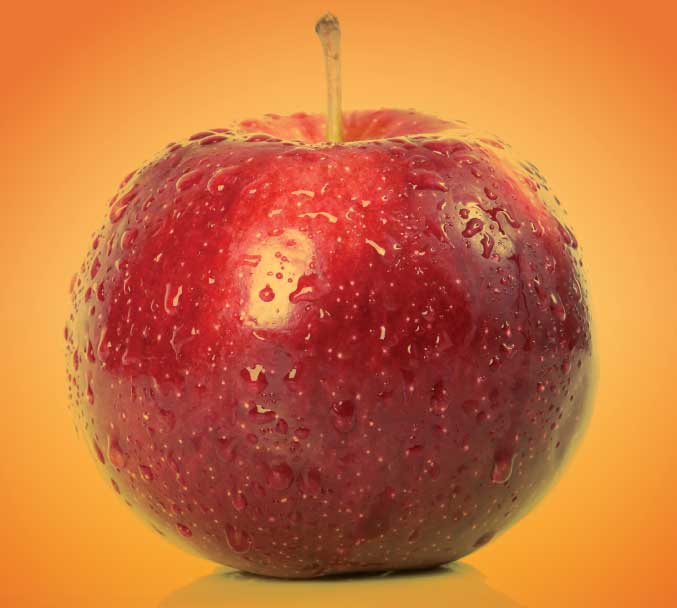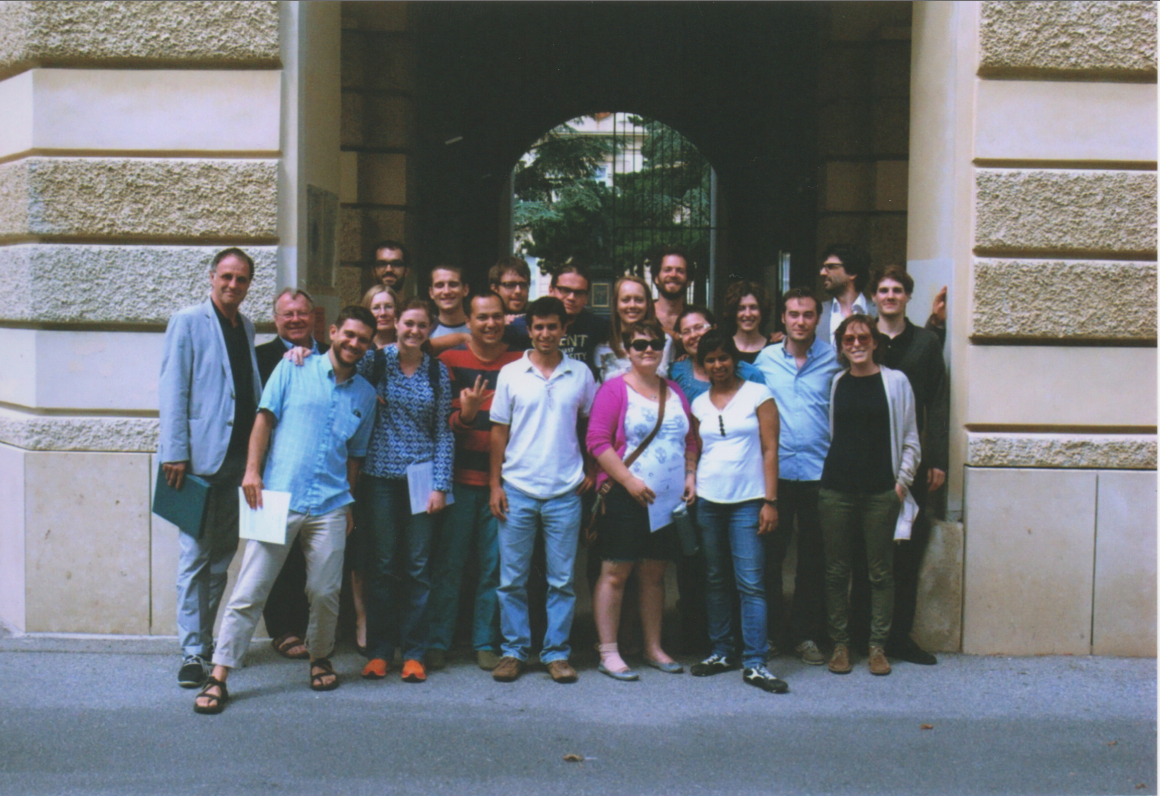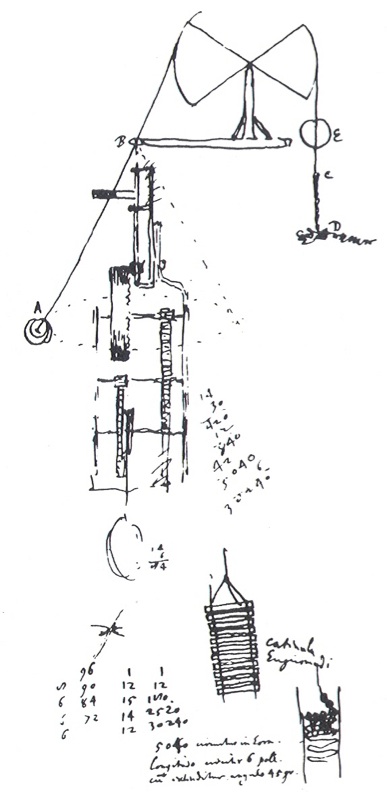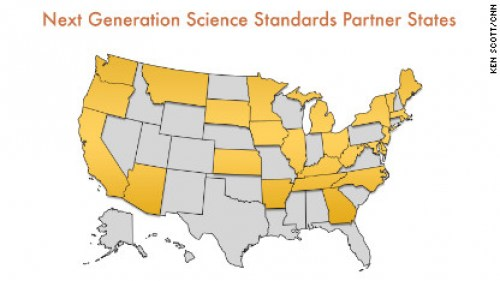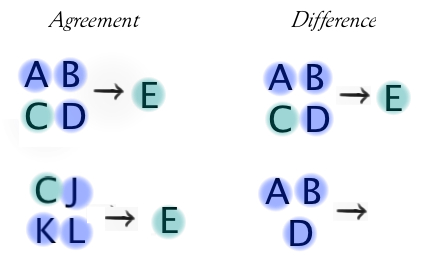Rotman Institute at the Philosophy of Science Association Biennial Meeting 2016
Again this year, Rotman Institute faculty members, postdoctoral fellows, graduate students, and alumni are presenting on a number of topics at the biennial meeting of the Philosophy of Science Association (PSA). The conference takes place from November 2 – 6, 2016 in Atlanta, Georgia. Beyond presenting papers, Institute members are also presenting research posters related [...]


